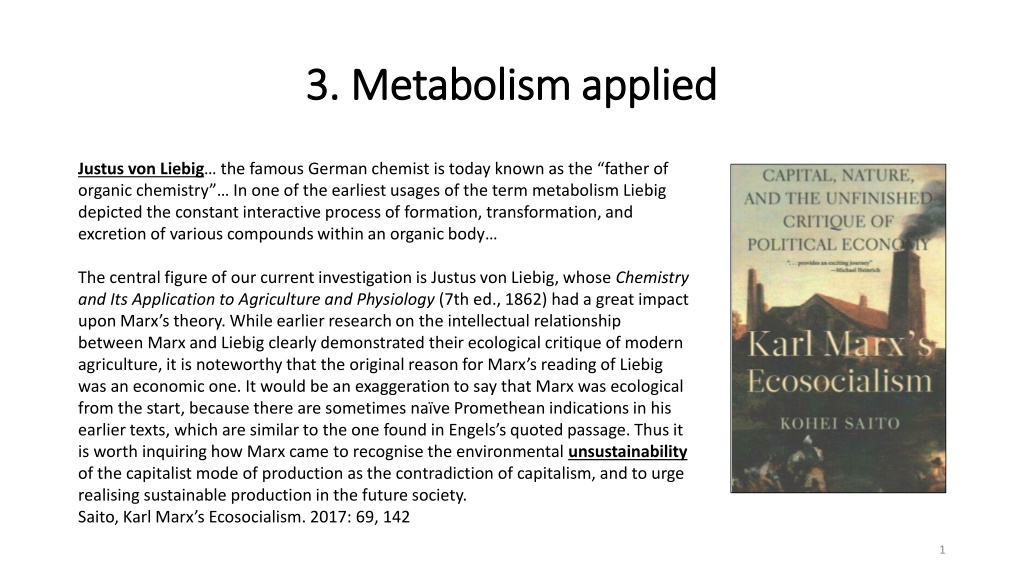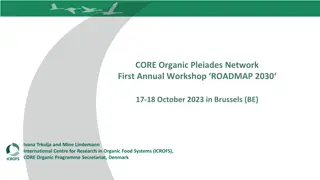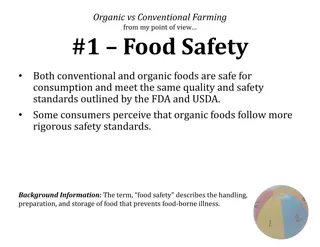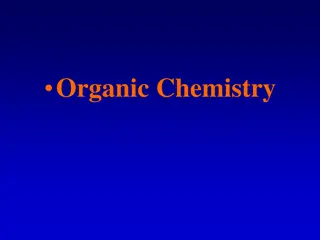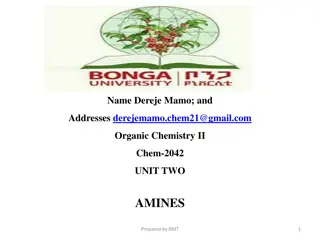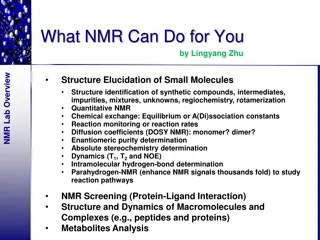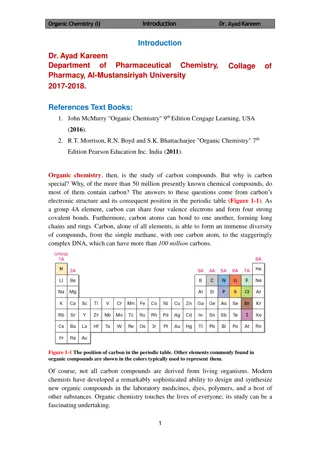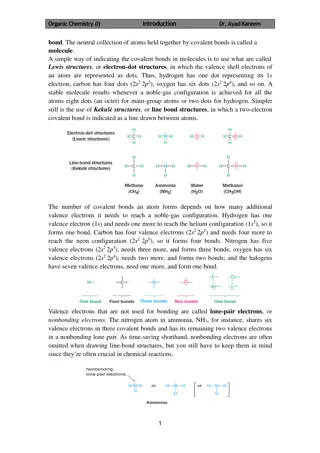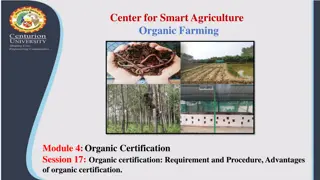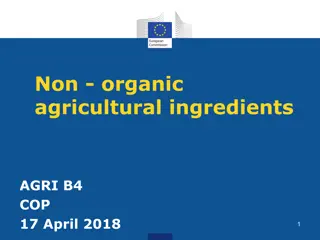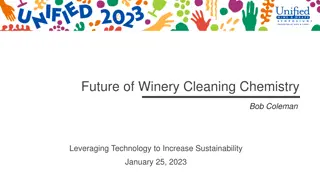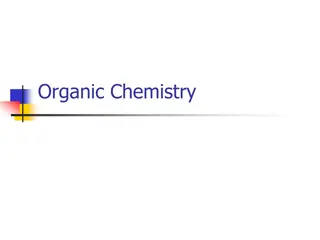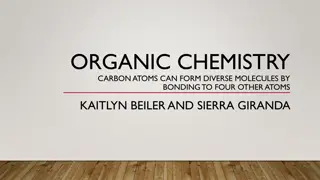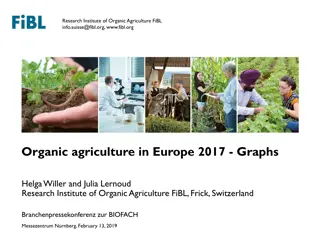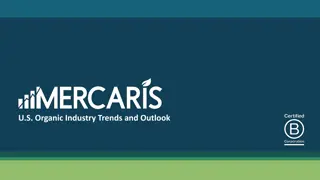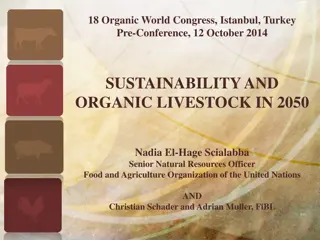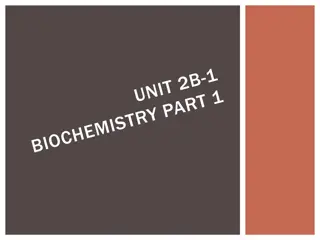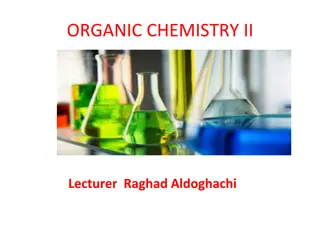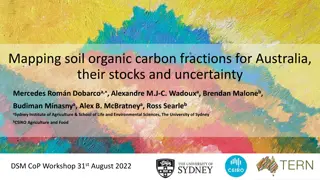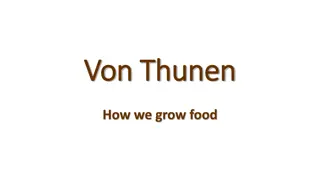Justus von Liebig: Father of Organic Chemistry and Environmental Visionary
Justus von Liebig, known as the father of organic chemistry, pioneered the concept of metabolism and its implications for agriculture, society, and the environment. His work influenced Karl Marx's ecological critique of modern agriculture and highlighted the necessity for sustainable production practices in the face of urban and agricultural challenges. Liebig also emphasized the natural limits to agricultural improvements and the impact of resource depletion on food production. His insights continue to resonate in discussions on environmental sustainability and societal progress.
Uploaded on Sep 25, 2024 | 0 Views
Download Presentation

Please find below an Image/Link to download the presentation.
The content on the website is provided AS IS for your information and personal use only. It may not be sold, licensed, or shared on other websites without obtaining consent from the author. Download presentation by click this link. If you encounter any issues during the download, it is possible that the publisher has removed the file from their server.
E N D
Presentation Transcript
3. Metabolism applied 3. Metabolism applied Justus von Liebig the famous German chemist is today known as the father of organic chemistry In one of the earliest usages of the term metabolism Liebig depicted the constant interactive process of formation, transformation, and excretion of various compounds within an organic body The central figure of our current investigation is Justus von Liebig, whose Chemistry and Its Application to Agriculture and Physiology (7th ed., 1862) had a great impact upon Marx s theory. While earlier research on the intellectual relationship between Marx and Liebig clearly demonstrated their ecological critique of modern agriculture, it is noteworthy that the original reason for Marx s reading of Liebig was an economic one. It would be an exaggeration to say that Marx was ecological from the start, because there are sometimes na ve Promethean indications in his earlier texts, which are similar to the one found in Engels s quoted passage. Thus it is worth inquiring how Marx came to recognise the environmental unsustainability of the capitalist mode of production as the contradiction of capitalism, and to urge realising sustainable production in the future society. Saito, Karl Marx s Ecosocialism. 2017: 69, 142 1
Justus von Liebig Justus von Liebig It cannot be supposed that metabolism in blood, the changes in the substance of the existing organs, by which their constituents are converted into fat, muscular fibre, substance of the brain and nerves, bones, hair &c., and the transformation of food into blood, can take place without the simultaneous formation of new compounds which require removal from the body by the organs of excretion. every motion, every manifestation of organic properties, and every organic action being attended by metabolism, and by the assumption of a new form by its constituents. Justus von Liebig, Die Organische Chenmie in ihrer Anwendung auf Agriculture und Physiologie, 1840: 332 Liebig points to the terrifying fact that Great Britain is not producing food necessary for her 29 million population, and argues that the introduction of water-closets into most parts of England results in the irrecoverable loss of the materials capable of producing food for three and a half million people every year. Liebig thus argues that the progress of cultivation and civilisation are dependent on the problem of urban toilets. Saito, Karl Marx s Ecosocialism 2017: 198 2
Natural limits to agricultural improvements Natural limits to agricultural improvements However, in the seventh edition of Agricultural Chemistry published in 1862, Liebig put forward another view. He recognised that there are natural limits to agricultural improvements, particularly due to the finite amount of available mineral nutrients in the soil and the finite absorption ability of roots and leaves: Saito, Karl Marx s Ecosocialism. 2017: 156 Great Britain robs all countries of the conditions of their fertility. She has already ransacked the battlefields of Leipzig, Waterloo and the Crimea for bones. She has ploughed up and used the skeletons of many generations accumulated in the catacombs of Sicily. And she still destroys yearly the food for a future generation of three and a half million people. We may say to the world that she hangs like a vampire on the throat of Europe, and even the world, and sucks out its life-blood, without any real necessity or permanent gain to herself. Liebig, Einleitung in die Naturgesetze des Feldbaues (1862) Marx-Engels Archive (MEA), IISH, Amsterdam, Sign. B 106, 58 3
Marxs Marx s debt to Liebig debt to Liebig As far as this damned book [Capital] is concerned, the position now is: it was ready at the end of December. The treatise on ground rent alone, the penultimate chapter, is in its present form almost long enough to be a book in itself. I have been going to the Museum in the daytime and writing at night. I had to plough through the new agricultural chemistry in Germany, in particular Liebig and Sch nbein, which is more important for this matter than all the economists put together, as well as the enormous amount of material that the French have produced since I last dealt with this point. I concluded my theoretical investigation of ground rent two years ago. And a great deal had been achieved, especially in the period since then, fully confirming my theory. Marx (13 February 1866) Letter to Engels. MECW 42: 227 Apart from the daily more threatening advance of the working-class movement, the limiting of factory labour was dictated by the same necessity that forced the manuring of English fields with guano. The same blind desire for profit that in the one case exhausted the soil had in the other case seized hold of the vital force of the nation at its roots. Marx (1867) Capital, Volume I. 1976: 348; MECW 35: 247 4
Rational agriculture incompatible with bourgeois system Rational agriculture incompatible with bourgeois system The moral of the tale, which can also be extracted from other discussions of agriculture, is that the bourgeois system runs counter to a rational agriculture, or that a rational agriculture is incompatible with the bourgeois system even if, technologically speaking, it promotes its development and needs either the touch of the small private cultivator or the control of the associated producers. Marx (1864-65) Economic Manuscript. 2015: 229 Marx (1894) Capital, Volume III. 1981: 216; MECW 37: 123 To have developed from the point of view of natural science the negative, i.e., destructive side of modern agriculture, is one of Liebig s immortal merits. His historical overview of the history of agriculture, although not free from gross errors, contains more flashes of insight than all the works of modern political economists put together. Marx (1867) Capital, Volume I. 1976: 638; MECW 35: 507; MEGA2 II/5, 409-10 5
Session: 3. Metabolism applied Session: 3. Metabolism applied Key ideas Soil fertility Guano Urban toilets Rational agriculture Questions 1) How did Liebig sum up modern agriculture s relationship to nature? 2) What conclusions did Marx draw from Liebig s later work? 3) Why is rational agriculture incompatible with capitalism? 4) How would communism manage agriculture ecologically? 6
